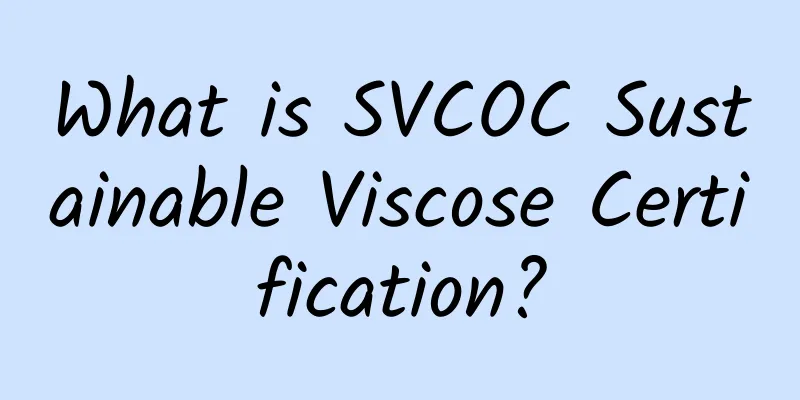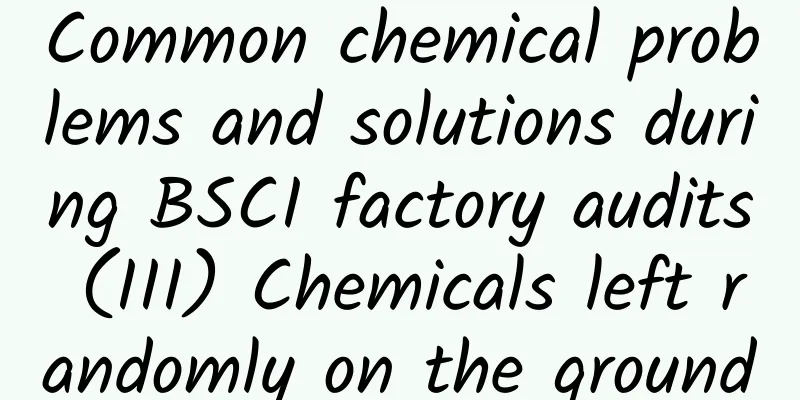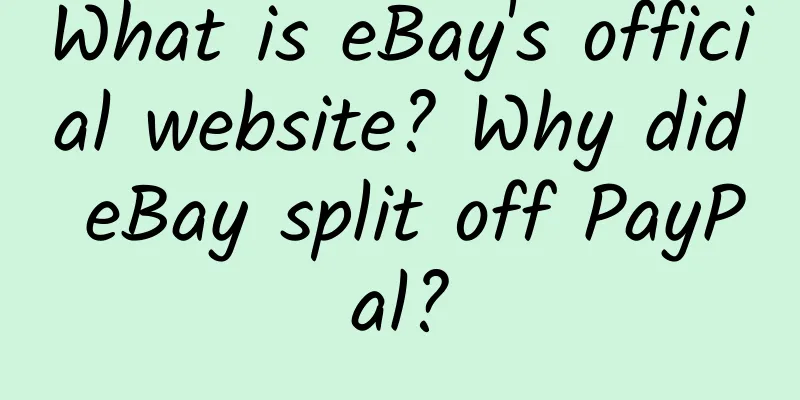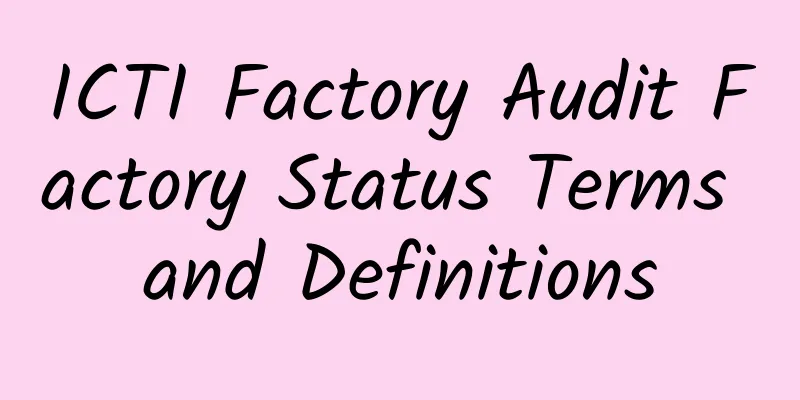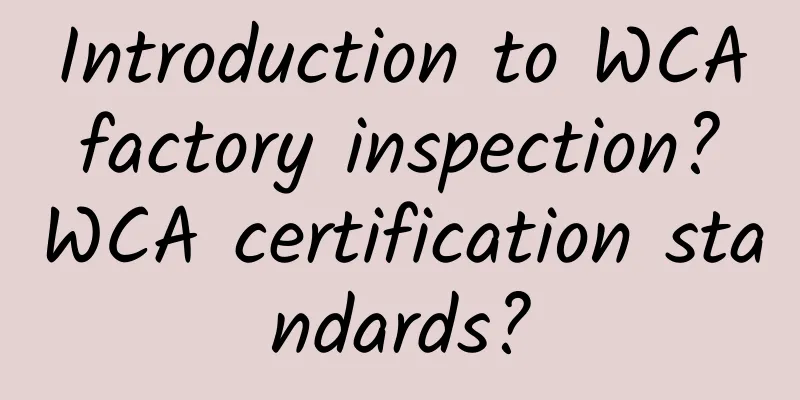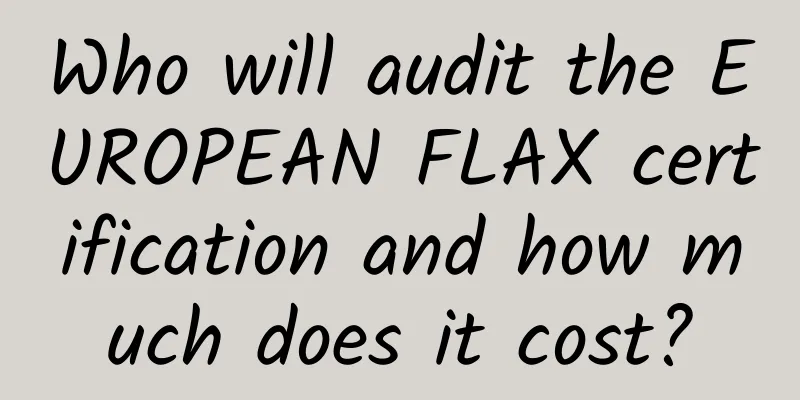|
Viscose (rayon) is a man-made cellulose fiber. The physical and mechanical properties of viscose depend largely on the source of the fiber. The fiber can be made from several natural polymers, cellulose, which come from plants. Most cellulose comes from wood, but some comes from a type of cotton fiber called linter. Viscose, sometimes called rayon, is used primarily in the textile production supply chain.
Sustainable Viscose Chain of Custody (SVCoC) refers to the entire process of a product from the acquisition of raw materials to the certification of its sale or completion. SVCoC covers every stage of procurement, processing, trading and distribution, including the change of product ownership involved in entering the next stage of the supply chain. If a company wants to apply for certification for its products, then when the ownership of the product changes in the supply chain, the industry must establish an effective CoC management system at the corresponding organizational level and verify it by CUC . During the verification process, CUC should evaluate and observe the records, production processes and storage units of each site. The core processing process must be verified on site. The core processing process refers to any process related to the production or transformation of the product.
The SVCOC ’s verification of such management systems is intended to provide reliable assurance that certified products come from well-managed forests. SVCoC verification thus facilitates the transparent flow of goods made from such materials through the supply chain.
To put it simply, if the buyer requires the seller to have SVCOC certification, then the seller's supplier must also have SVCOC certification, and every transaction must be supervised by CoC , which is the same as the traceability principle of GRS certification.
SVCOC verification requirements:
The verification protocol applies to every organization involved in the entire supply chain (after the raw materials for certification are verified), including processing, manufacturing, storage, handling and transportation (including the seller of the final B2B transaction). Organizations involved in the manufacturing and handling of certified products (including from initial processing to final packaging) and traders of certified products should undergo on-site or online verification audits by CUC . At least one verification audit will be conducted every calendar year.
The SVCOC verification protocol applies to products containing between 5% and 100% certified material. The following points should be noted about TC:
1. For materials entering the supply chain from external sources: For materials entering the supply chain, there should be documentation stating the name and address of the supplier, the quantity and description of the goods, the requirements for the material and any corresponding verification or certification.
2. Validated organizations purchasing designated materials shall receive valid TCs issued by CUC.
3. The Organization shall maintain complete and up-to-date vital accounting records including the description, quantity, origin and destination of all products received and delivered and the TC of any imported certified products.
4.TC should be together with the certified products to ensure that they are all provided by the certified organization.
5. The organization should check supplier invoices and supporting documents to confirm that the dates, quantities, mix ratios and material descriptions are consistent with the transaction certificates.
6. For certified products received from internal sources: For goods flowing from one production unit to another within the same organization, there should be appropriate documentation indicating the quantity of original required material, blend percentage and description of the certified product received.
The SVCOC sustainable viscose certification has the same traceability principle as the GRS certification. Not only can the company be certified to trade, but other suppliers, subcontractors and outsourcing units must also hold viscose certification before trading. The above is the basic content about SVCOC certification that I shared with you. There are many more details that I will not elaborate on here.
I believe that many people are also confused about the cost of certification. The specific cost depends on the actual situation of your company. If you are interested in SVCOC certification, Super Network Consulting has been engaged in factory inspection guidance and certification consulting for many years. It has rich experience and connections, and is familiar with the process and steps of factory inspection and certification. It can help companies solve certification problems at any time, easily deal with them, and pass them smoothly! Consultation phone: 021-51029391! |
